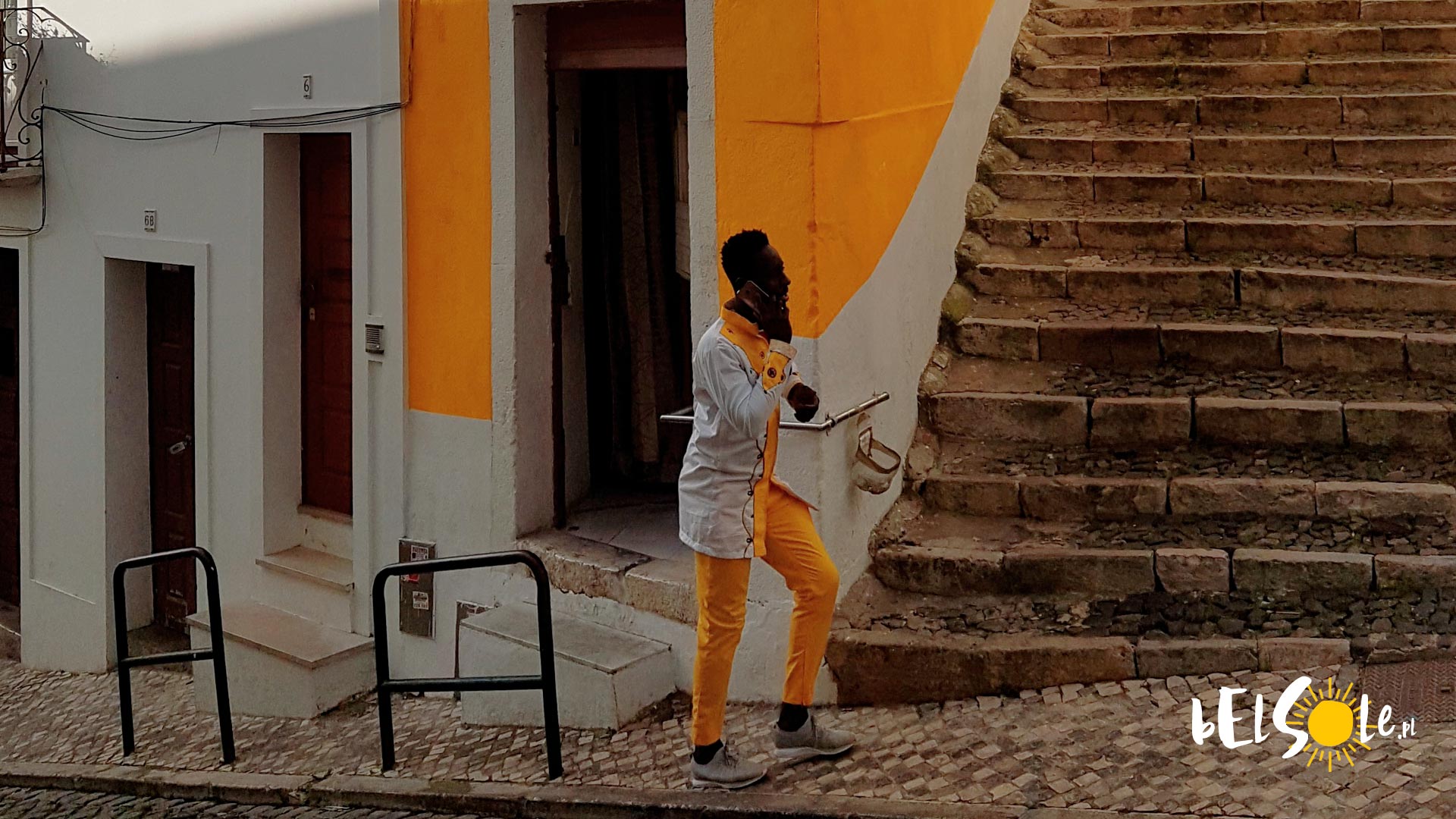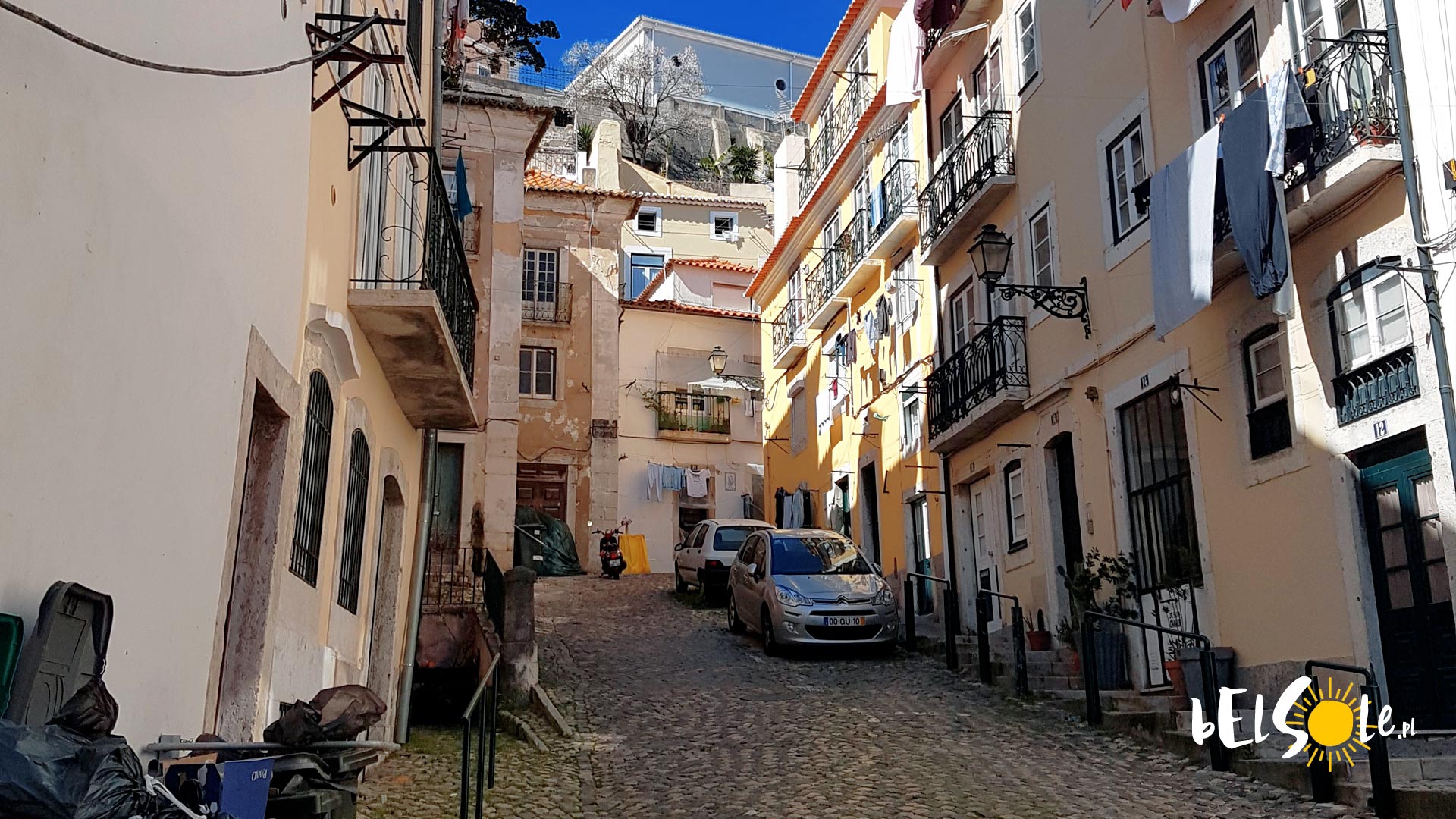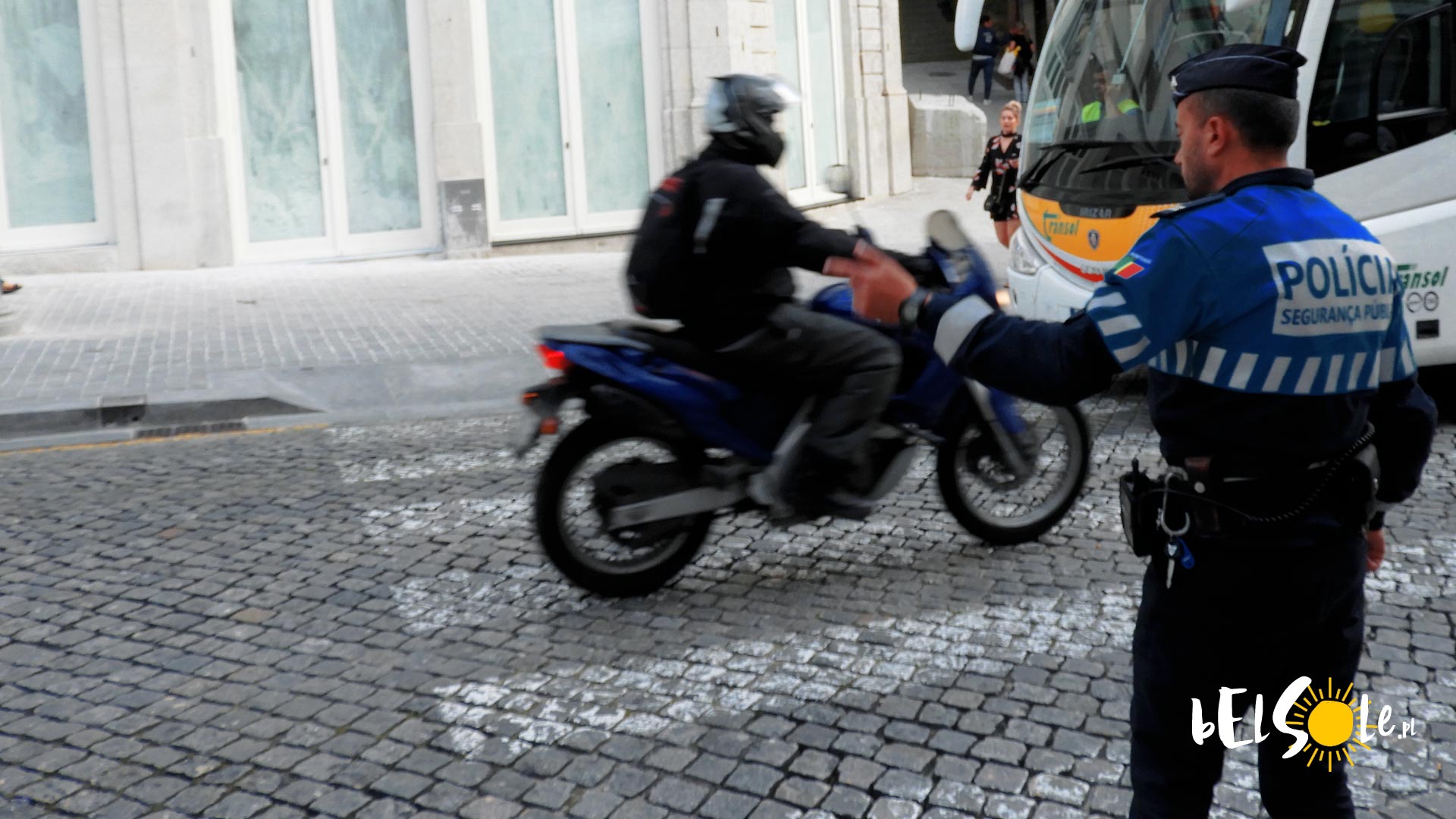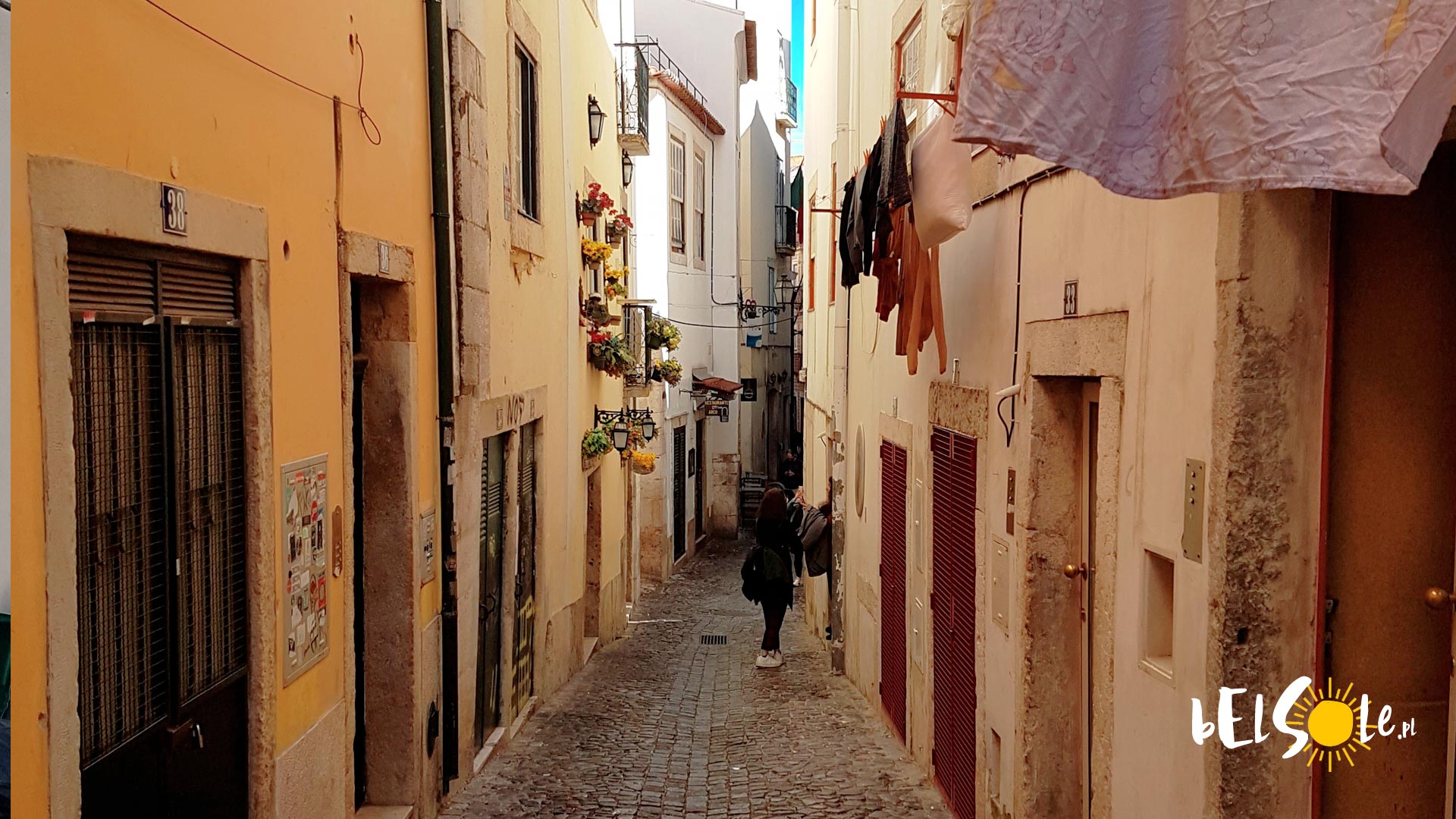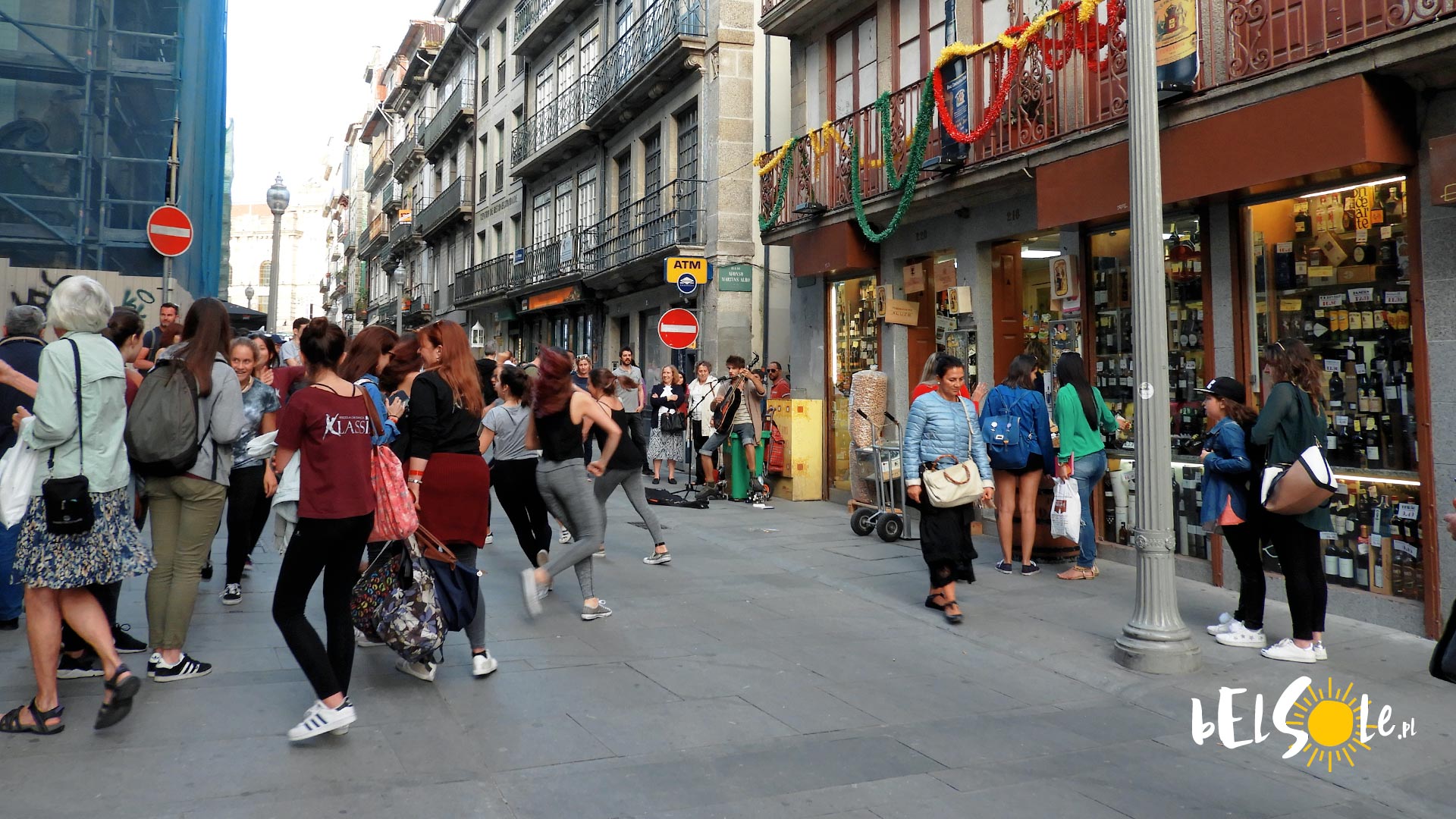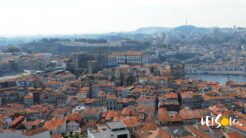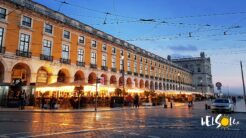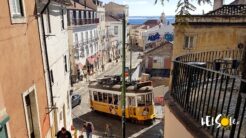In the 90s, Portugal used to have a sizable problem with drug dealing, and with drug addicts themselves. Death from overdosing wasn’t anything unusual back then. In 2001, Portugal decided to push out some unconventional solutions. So, are drugs legal in Portugal? Can you smoke weed or hashish? What about cocaine, heroin and other stronger wares?
The late 90s were a true nightmare for Portugal when it comes to drug use. The amounts of addicts would rise to hundreds of thousands, with heroin being the best seller. For the entirety of EU, there were also the highest counts of people with AIDS and HIV. There was a steady increase in the amount of people dying from overdosing and the crime related to drug trade (logically, there was a steady increase in the amount of people getting arrested and jailed for drug use/ownership). Since Portugal was desperate, in 2001, the country pushed out a new set of anti-drug policies. After nearly 20 years after the shift, we can safely say – they worked.
What’s legal and what’s not in Portugal?
Since the 2001’s policy change, having drugs stopped being a heavy crime, as long as the person would have less than 10 daily doses. This applied to both the lighter drugs, like hashish or marijuana, but also to the stronger sets, like cocaine, heroin and any other psychedelics. Instead of opting for punishment, the country decided to educate.
Although the country approached drugs quite liberally, ‘owning’ drugs in Portugal is not entirely legal, and noone encourages one to use them. Keeping small amounts does not immediately mean jail. A kid with a few grams of marijuana will not get his life torn apart for being caught on a Lisbon street, and neither will a tourist.
Portugal has not yet surrendered in the battle against drug use, but they have shifted their focus away from consumers. Instead, the country decided to chase down the producers, smugglers and vendors. If you were to be caught buying drugs, all you’ll get is a caution and a visit to the police station, to watch a short movie about the detrimental effects of drug use. The real victim here will be the vendor.
A drug owner, when arrested, does not go to court. Instead the drugs get confiscated, and in the worst case, the matter is taken up by the Comissoes para a Dissuasão de Toxicodependência, basically the Portuguese National Commission of Drug Control and Supervision, which consists of a lawyer, a psychiatrist and a social worker. The commission can still punish for drug related matters, but the punishments are never as severe as in other countries, and they’ll certainly not ruin your prospects for the rest of your life. The usual ‘harsher’ punishments include a 25-150 EUR bill, firearms (or a specific job) license suspension, prohibition of entering certain clubs or places or prohibition of leaving the country. When it comes to the major addictions, the commission can recommend therapy, but there’s no way they can force someone to rehab.
The policy shift brings results
The 2001 law shift brought the desired results very quickly. The HIV infections dropped from 104,2 cases in a million to 4,2 cases in a million (data from 2015). The death rates from overdose and virus-based liver infections also dropped. Additionally, the number of people getting sentenced for drug trade, production or smuggling also dropped, similarly to the crime rates among the drug users. Prostitution and underage addicts also fell down in percentages. The drug prices fell down tremendously (up to a few hundred % down), making the production much less profitable. For instance, marijuana in Portugal costs around 6,60 EUR for a gram.
Many sceptics of the 2001 law shift speculated, that the liberal approach to drug use will have the exact opposite effects, that Portugal will become a prime target for recreational drug tourism. And yet, none of that happened, and places like Amsterdam are much more often associated with drug tourism than, for instance, Lisbon. Portugal went through a major cultural shift as well. The awareness of the destructive effects of the stronger drugs went up, junkies were no longer called junkies. The amount of drug addicts seeking help rose as well.
Marijuana in Portugal. The drug policies and tourism
Although marijuana has been legalized in many countries all over the world, it’s still illegal in Portugal (with the exception of medical use) and is regarded as a drug equal to all others. That means, that we’ll certainly not encounter proper shops selling marijuana, like in many US states, the Netherlands or the Czech Republic. Of course, there are the the nagging street drug vendors, especially in Porto and Lisbon, but they tend to be needlessly dangerous, as they’ll either scam you by selling your random herbs, or you’ll get stopped by a group of not very friendly thugs right after the transaction. We’ve written a bit more on that in our article regarding safety in Porto.
The anti-drug policies in Portugal also apply to tourists. What happens if we get caught having drugs? If it’s marijuana or hashish, absolutely nothing – it’ll get confiscated, a few hours of sitting in a police station later, you’re free with no consequences (apart from the financial loss). In the case of stronger drugs, you’ll be thrown into a program trying to help you get out of the addiction. As long as you remain rational about it, no harm should come out of it in Portugal.
Just in case someone had the bright idea, marijuana cultivation is absolutely illegal in Portugal, even if you’ve no intention of selling it. Even though owning drugs does not mean jail, driving/controlling any mechanical vehicles, while under the effect of drugs, is strictly forbidden. Smuggling drugs outside of Portugal is, obviously, also illegal.


